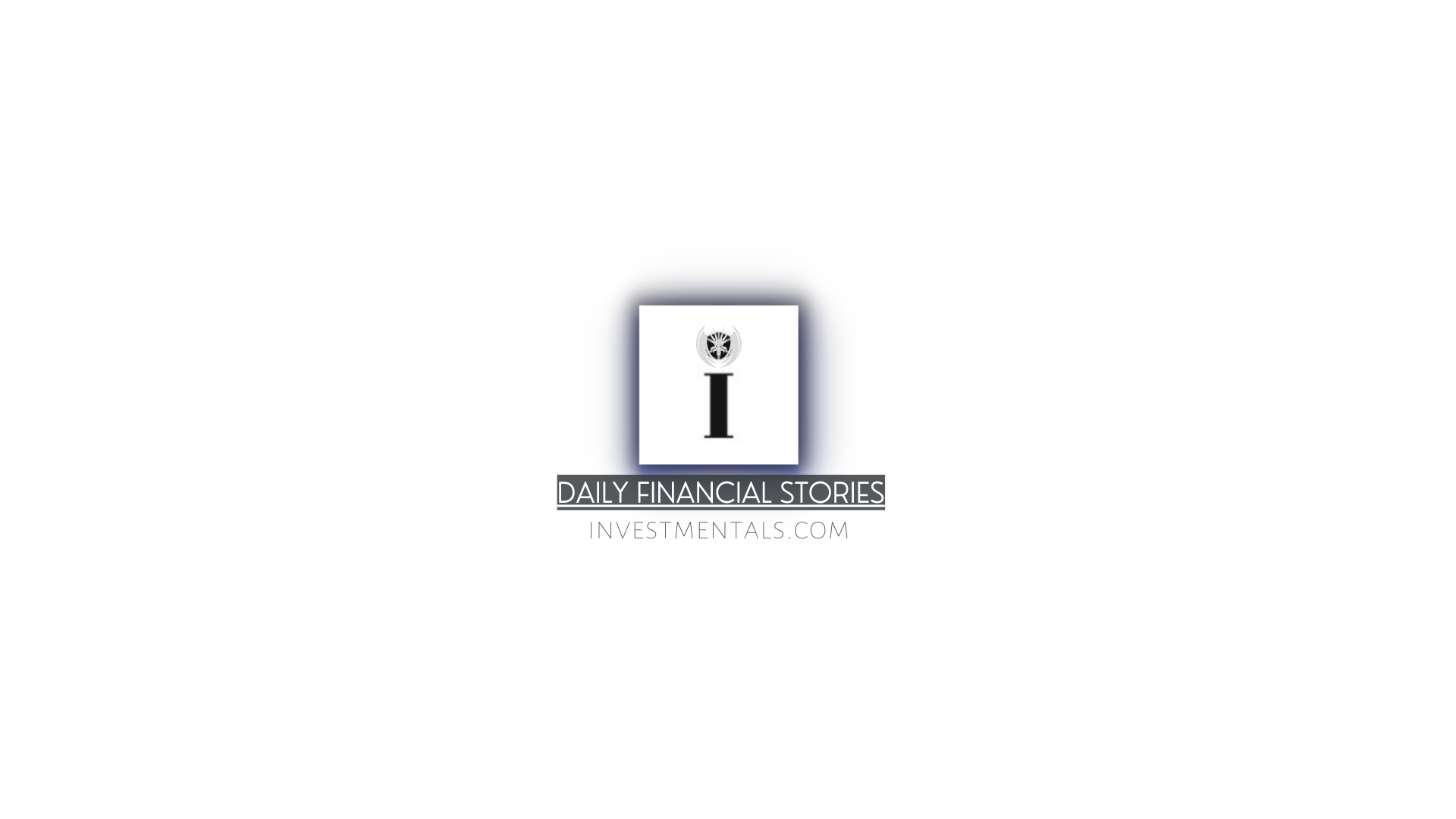The Bank of Japan has decided to stop using negative interest rates, which were the last of their kind globally. The move is Japan’s first interest rate hike in 17 years, signaling a new phase for the country, although there remains significant uncertainty about future interest rates.
The BOJ’s board voted 7-2 to set a new policy rate between 0% and 0.1%, which means they’re no longer going to keep the rate negative at -0.1%. At the same time, they’re also stopping some other things they were doing, like controlling the curve of bond interest rates and buying ETFs. However, they’re still planning to buy long-term government bonds when necessary.
The yen due to uncertainty about future rate hikes, resulting in a small decrease in government bond yields.
Even though they’re stopping negative rates, the BOJ wants to keep financial conditions friendly. Governor Kazuo Ueda talked about how important it is to keep the economy growing and to reach the goal of 2% inflation.
“We judged that achieving the goal of sustainable 2% inflation has come within view,” Governor Kazuo Ueda said at a post-decision press conference. “The large-scale monetary easing policy served its purpose.”
But because the BOJ didn’t give a clear sign about what they’re going to do with rates next, it’s made the markets unsure. After the announcement, the yen dropped below 150 against the dollar, and bond interest rates went down. Nonetheless, the weaker yen boosted Japanese stocks, allowing the Nikkei 225 Stock Average to climb back above 40,000.
Ueda was careful in how he talked about what might happen next with rates, saying they’ll be looking at how prices and wages change.
“The risk of a major upward swing in this trend is not big at this point, but it is something that we need to keep in mind in the future,” he said.
According to Masamichi Adachi, a top economist at UBS Securities and a former official at the BOJ, the central bank’s guidance on future interest rate increases isn’t very clear. However, Adachi said that “the BOJ is keeping the door open for another rate hike later this year.”
Additionally, the slight drop in the value of the yen, trading at around 150.36 to the dollar in Tokyo, might ease concerns for executives of export companies and investors in stocks, who were worried about potential profit losses due to a stronger yen.
“There is still some distance to 2%, if we look at it from the perspective of the expected inflation rate,” he said. “Considering the gap, I think we will conduct normal policy as I mentioned earlier, keeping the importance of maintaining an accommodative environment in mind.”
The Bank of Japan’s decision aligns with actions taken by other major central banks this month. The Federal Reserve is expected to maintain interest rates at a two-decade high during its upcoming meeting on March 19-20, while the Bank of England is likely to keep its 16-year high rate of 5.25% at its March 21 meeting.
While the European Central Bank announced no change in interest rates for the fourth consecutive meeting the Reserve Bank of Australia confirmed earlier on Tuesday that its cash rate target will remain at 4.35%.







